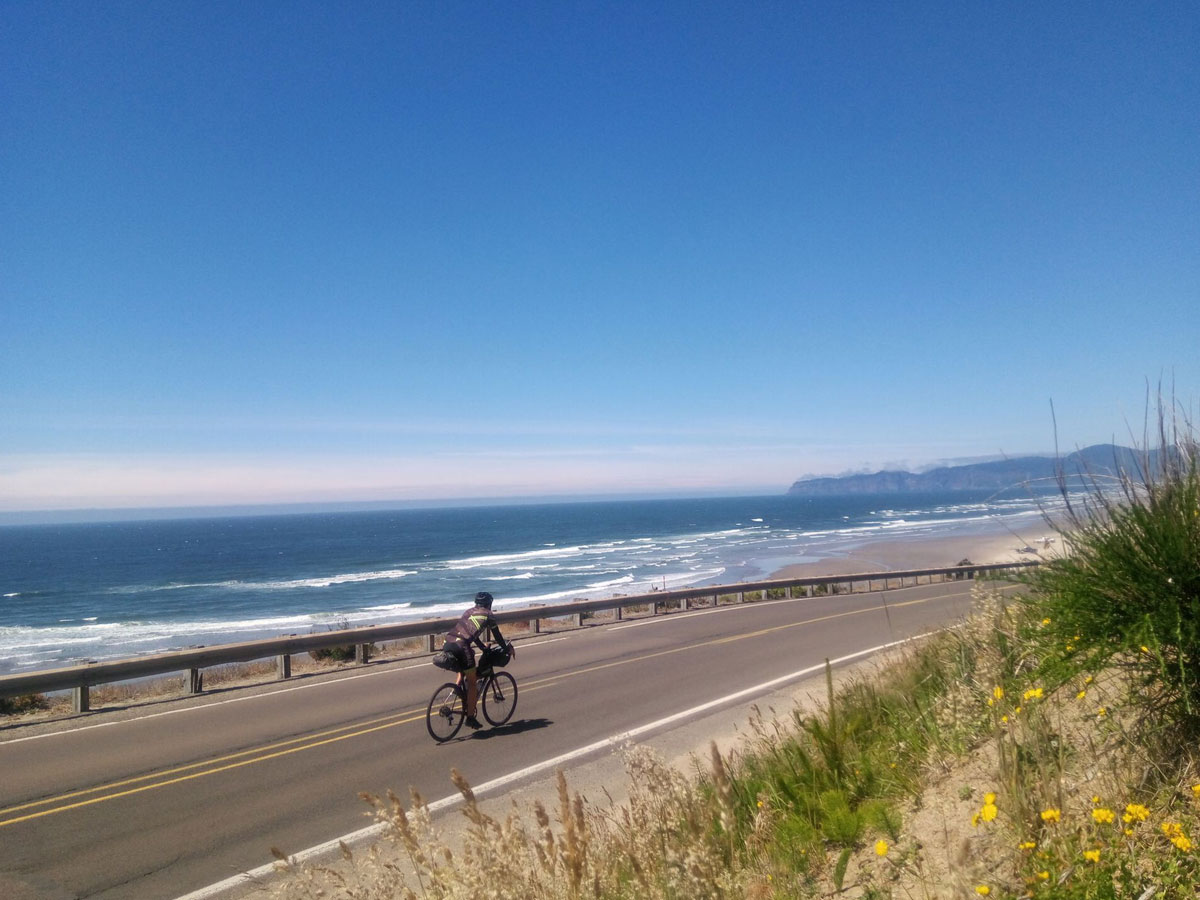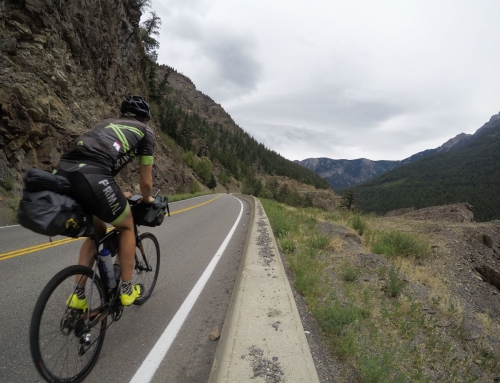We all know these moments when the legs just feel tired and we are miserable. Reality is that our body still has a lot of energy left and it’s all about the mindset. Top athletes learn how to push their boundaries and go o their limits. Here are 10 things that help me racing across continents:
1. Pain is only temporary but great memories stay forever:
My favorite phrase that I remember when things are tough. Luckily, our brain will forget the pain and suffering but instead turn them into the best memories. Think about a time you were really suffering and still a long way from home. How does it feel now? I bet you actually like to think about it. Knowing that, it is easier to tell yourself that it’s worth it to push on.
2. Never use subjunctive wording:
Throw words like may, could and possibly out of your vocabulary. You will and are going to do that. Use this language in your thinking, communication and well, just everywhere.
We are highly influenced by our subconsciousness and being affirmative will has a huge impact.
By the way, this doesn’t only work on the bike but in business and private life, too.
3. Break big goals down into many small goals:
Thinking about how far it is to your final destination can be quiet demotivating. That’s why I have many small goals, intermediate goals and the final goal. Small goals can be the next village, a mountain pass or anything you will be happy to reach. During my Eurasia World Record I also had the Pyrenees, Russia, Siberia and Lake Baikal as special places on my list and just thought about getting there. It’s easier if it is just a few days away rather than a month.
That’s the reason why I consider a flat, straight road in the middle of nowhere more difficult than mountains. It seems never ending and is harder to keep the motivation.
4. Reward yourself for reaching a goal:
Treat yourself with something you like when you reach a goal. It helps when you know that sth. is waiting for you. I really love chocolate and at every gas station in Siberia I bought a Snickers. I didn’t eat any while riding but just at the gas stations, so this became sth. I was always anticipating. With the big milestones you want to do sth. very nice of course.
5. Dream big:
Dream about sth. that you will do the moment you arrive. When I set off in Portugal I jumped into the Atlantic and I always thought about the moment of jumping into the Pacific. That was the first thing I did after reaching Vladivostok.
6. Distract yourself:
Most of the pain is mental. So if you don’t think about your misery it gets easier to tollerate. Naturally this is much easier in company when you can chat with someone. When on my own, I think about my future and yes I actually planned my upcoming Panamerica world record while feeling miserable in Siberia. And sometimes I sing, too :)
7. Don’t take a break and get comfortable:
When things are very hard you shouldn’t stop for small breaks. It’s tougher to get up afterwards than just continue riding. During my Eurasia World Record I usually did 4 hours on the bike and then took a short break. At my absolute low point in Eastern Siberia, I changed to ride one big shift. It was snowing, I was sick, hungry and tired, so getting back onto the bike was just by far the most difficult part.
8. Don’t check the forecast if it is likely to be bad:
If the terrain is tough or the weather miserable, you may not want to know that it’s not going to change anytime soon. I am a very positive person and as long as I don’t know the opposite I can tell myself that it is going to improve. I don’t want to know too many details about the upcoming days. It’s exciting to discover it and generally I expect it to be better than it actually is.
9. Create social pressure:
Announce your challenge big and tell it to everyone. We are social creatures and to most people it matters how you are seen by others. And you don’t want to be the guy who gave up on his challenge.
10. Find a bigger purpose:
While social pressure can motivate, the far bigger motivator is a higher purpose. This can be different for everyone but it’s important you know why you are doing it. For me cross continent racing is about living great adventures and much less about the physical challenge. That’s why I would probably struggle much more to find motivation on a supported journey. It wouldn’t be an adventure or something that I would find meaningful to me.

